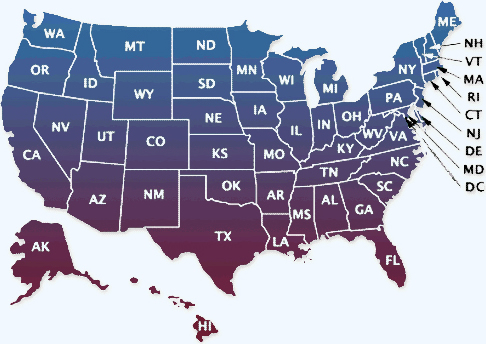首页 >> 律师商城首页

Want to have your firm displayed also? Apply Here
Welcome to USLawChina Law Firm Square!
You can learn more about the knowledge and FAQ related to the law.
You can ask the lawyer about your case directly.
Online consultation and handling save you time and energy.
Swift turnaround, you need not wait in a queue to meet your lawyer!
You can learn more about the knowledge and FAQ related to the law.
You can ask the lawyer about your case directly.
Online consultation and handling save you time and energy.
Swift turnaround, you need not wait in a queue to meet your lawyer!
Brief Introduction
For most people, familiarity with criminal law comes in fragments -- from movies, television, and books. But when we become personally involved in the criminal law system, real-life issues come into focus and the need for information and assistance can arise quickly. This overview discusses the basics of criminal law: criminal statutes, criminal law players and procedure, and the potential outcome of a criminal case.
1. Criminal Laws and Their Sources
When a society and its government decide that certain conduct is dangerous to citizens, or damaging to the society as a whole, such conduct is labeled a "crime" and is made punishable by sanctions such as fines and imprisonment. Most crimes are identified in statutes that have been enacted by federal, state, and local government legislatures, in response to issues that affect the jurisdiction. For example, a city may determine that it is a crime to be drunk in public, while the federal government decides bank robbery is a federal crime, since most banks are federally insured.
Criminal statutes describe the type of conduct that has been deemed a crime, the mindset or intent required, and in some instances, the proper punishment. For example, the following "Burglary" statutes are from the California Penal Code:
Section 459. Every person who enters any house, room, apartment, tenement, shop, warehouse, store, mill, barn, stable, outhouse or other building, tent, vessel, [etc.]...with intent to commit grand or petit larceny or any felony is guilty of burglary.
Section 461. Burglary is punishable as follows:
1. Burglary in the first degree: by imprisonment in the state prison for two, four, or six years.
2. Burglary in the second degree: by imprisonment in the county jail not exceeding one year or in the state prison.
People who are found to have violated a criminal law -- whether through their own admission by a "guilty" plea, or as a result of a jury trial -- can be punished through imposition of fines, imprisonment, probation, and community service, among other penalties.
2. The Criminal Law System: Players and Procedure
The criminal law "system" encompasses the entire criminal process itself -- from investigation and arrest, to conviction and sentencing -- and the people who play a role in that process: the accused, police officers, prosecuting attorneys, bail bondsmen, criminal defense attorneys, judges, witnesses, probation officers, and corrections officers.
At all stages of the criminal process, a person suspected of or charged with a crime is entitled to certain fundamental rights that derive from the U.S. Constitution and key court decisions. These include the right to an attorney and the right to a speedy jury trial. These constitutional rights provide a balance between the government's interest in ensuring that criminal behavior is identified and punished, and the fundamental need to preserve and promote the individual freedoms that characterize a democratic society.
3. The Outcome: How Might a Criminal Case End?
The outcome of any criminal case depends upon the crime charged, the strength of the evidence, the legal validity of law enforcement and courtroom procedure, and the goals and strategy of the government and defense. When all is said and done, there may be no legal consequence for a person charged with a crime, because the charges are dismissed, or a full-fledged jury trial might result in a criminal conviction.
Some potential outcomes of a criminal case are:
- A criminal investigation ends with no arrest.
- An arrest occurs, but the case is dismissed because the police illegally seized the only evidence of crime.
- A person is arrested and charged with a crime, then enters into a plea bargain with the government, agreeing to plead "guilty" in exchange for some form of leniency, such as a lighter sentence.
- A person is brought to trial and found "not guilty," or acquitted, by a jury.
- A person is convicted by a jury and sentenced to a long prison term.
(二)Types of Criminal cases
- Violent Crimes
- murder
- theft/armed robbery
- assault & battery
- domestic violence
- terrorist threats
- illegal possession of weapon
- vehicular manslaughter
- hate crimes
- Sex crimes
- rape
- sexual assault
- sex with a minor
- solicitation
- molestation
- Drug & alcohol related
- drunk driving
- possession
- drug offenses
- White collar crimes
- fraud
- embezzlement
- extortion
- computer crimes
- Juvenile Crime
- Expungements
- Arson





